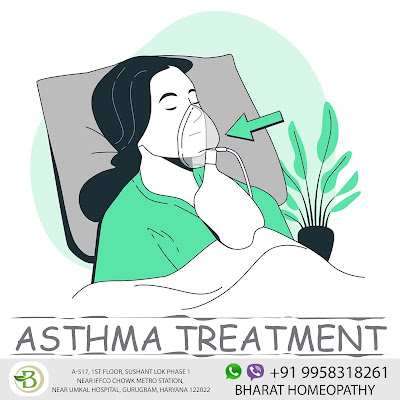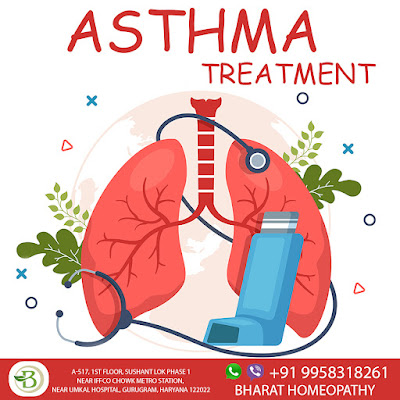Chronic Obstructive Pulmonary Disease is an ongoing respiratory condition affecting millions worldwide. It is a progressive disease that can significantly impact an individual's quality of life. To better comprehend COPD, it's essential to delve into its copd definition, symptoms, stages, and treatment options.
What is COPD? COPD is a medical condition characterised by obstructed airflow in the lungs, making it increasingly difficult for affected individuals to breathe. The primary culprits behind COPD are usually chronic bronchitis and emphysema. Chronic bronchitis include inflammation and narrowing of the bronchial tubes, while emphysema causes damage to the air sacs in the lungs. Both of these conditions contribute to the hallmark symptom of COPD: breathlessness.
COPD Symptoms: COPD symptoms can vary in severity and may worsen over time. The most common symptoms include:
Shortness of breath: Individuals with COPD often experience difficulty breathing, especially during physical activity.
Chronic cough: A persistent cough with mucus production is a typical symptom of COPD.
Wheezing or a high-pitched whistling sound while breathing may occur.
Chest tightness: Some individuals with COPD describe a feeling of pressure or tightness in their chest.
Fatigue: COPD can lead to fatigue and reduced stamina due to the extra effort required to breathe.
COPD Stages: COPD is typically classified into four stages based on the symptoms, severity, and function of the lungs. These stages are determined using the GOLD (Global Initiative for Chronic Obstructive Lung Disease) system:
Stage 1 (Mild): Mild airflow limitation with few or no symptoms.
Stage 2 (Moderate): Moderate airflow limitation with increased breathlessness and cough.
Stage 3 (Severe): Severe airflow limitation with more pronounced symptoms and exacerbations.
Stage 4 (Very Severe): Very severe airflow limitation, significantly impacting the individual's quality of life.
COPD Exacerbation: COPD exacerbations are sudden worsening of symptoms, often triggered by infections or environmental factors. During exacerbations, individuals may require hospitalization and intensive treatment. Preventing exacerbations is a crucial goal in COPD management.
COPD Treatment: Various treatments aim to manage symptoms, slow disease progression, and improve overall well-being. Some essential components of COPD treatment include:
Lifestyle changes: Quitting smoking is the most critical step in managing COPD. Avoiding exposure to lung irritants such as air pollution and secondhand smoke is also crucial.
Pulmonary rehabilitation: This program combines exercise, education, and support to help individuals with COPD improve their physical and emotional well-being.



.jpg)



.png)